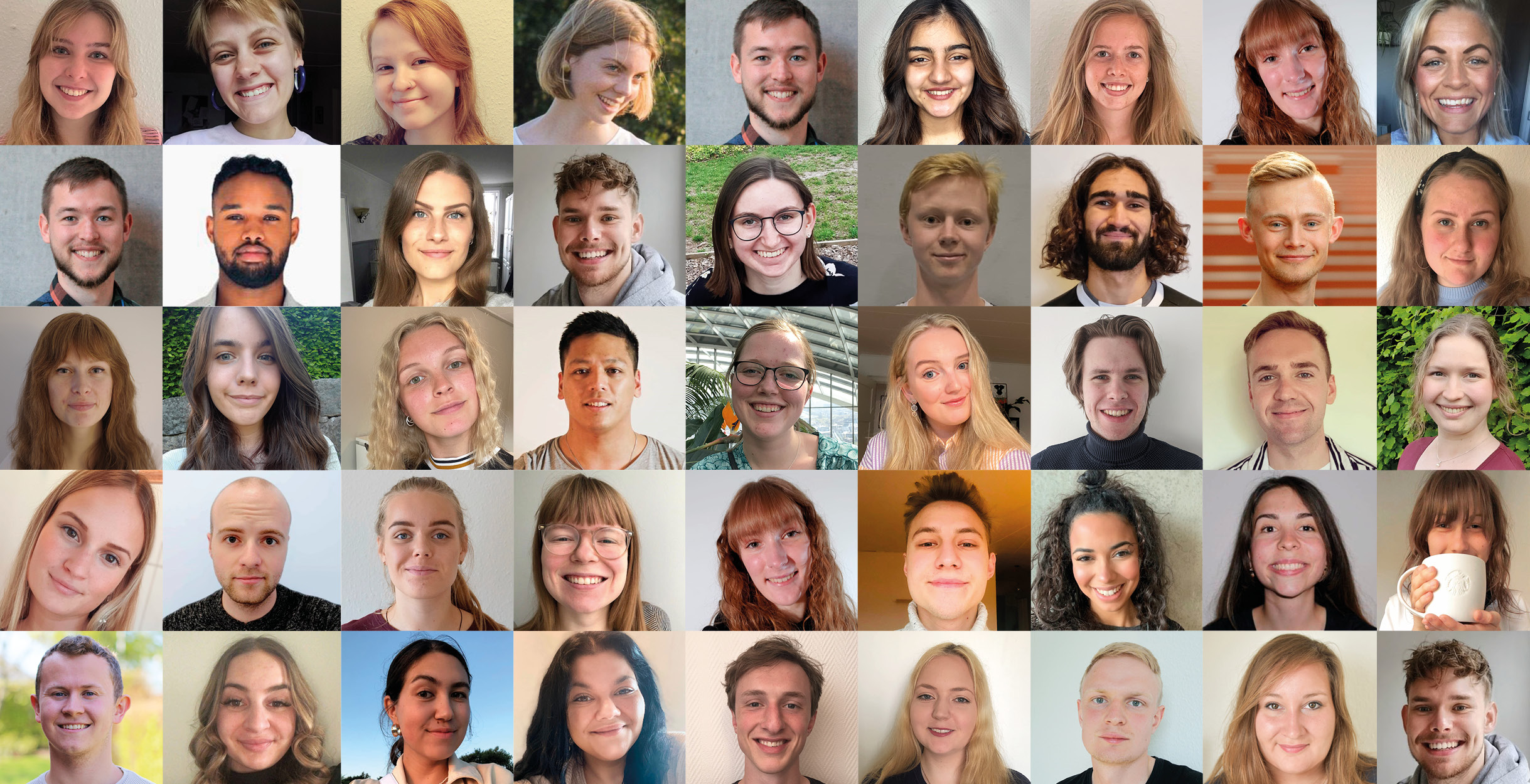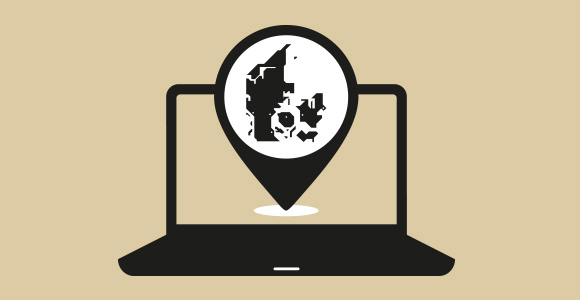The Master’s programme in Sports and Health provides you with in-depth insight into how you can work with sports and health in a variety of contexts.
In autumn 2024, you will have the opportunity to enrol into a completely new and flexible master’s degree programme, based on our strong research environments. During the programme, you will gain a broad insight into sport and health as well as strong methodological skills. At the same time, you have the opportunity to shape your education in exactly the direction you want, thanks to a wide range of electives to choose from.
The electives offered include:
- Exercise as prevention and treatment for chronic disease
- Motion-enhancing environments
- Applied sport psychology
- Neural and muscular adaptations to fitness training in sports, rehabilitation and health
- Psychology, physical activity and health
- Oxygen transport, energy metabolism and muscle function
Therefore, at Sports and Health at SDU offers unique opportunities to compose your own labour market profile according to whether you want to seek employment in the field of health promotion, in the elite field, in the education sector or in the sports sector, or perhaps as a researcher.
Do you want to immerse yourself in talent development and elite sport?
We also offer a master’s specialisation in Competitive and Elite Sport. Here you can immerse yourself in talent development, performance optimisation and project management within the competitive and elite sports area. As a student, you will also be close to Danish elite environments during your studies.
Why study Sports Science and Health?
- You will have the opportunity to shape your education in the direction you want and are passionate about.
- In the master’s programme for Sports and Health, you will be part of an active study environment characterised by high academic standards and informal student networks.
- Job opportunities range from teaching, communication and research to consulting and coaching – in both the public and private labour markets. Examples include: The health sector, the cultural and leisure sector, youth education, elite federations, sports continuation schools and sports colleges, NGOs and sports organisations

